2024 Speakers
Human brain demonstration presented by Dr. Sam Golden and Kurt E Weaver
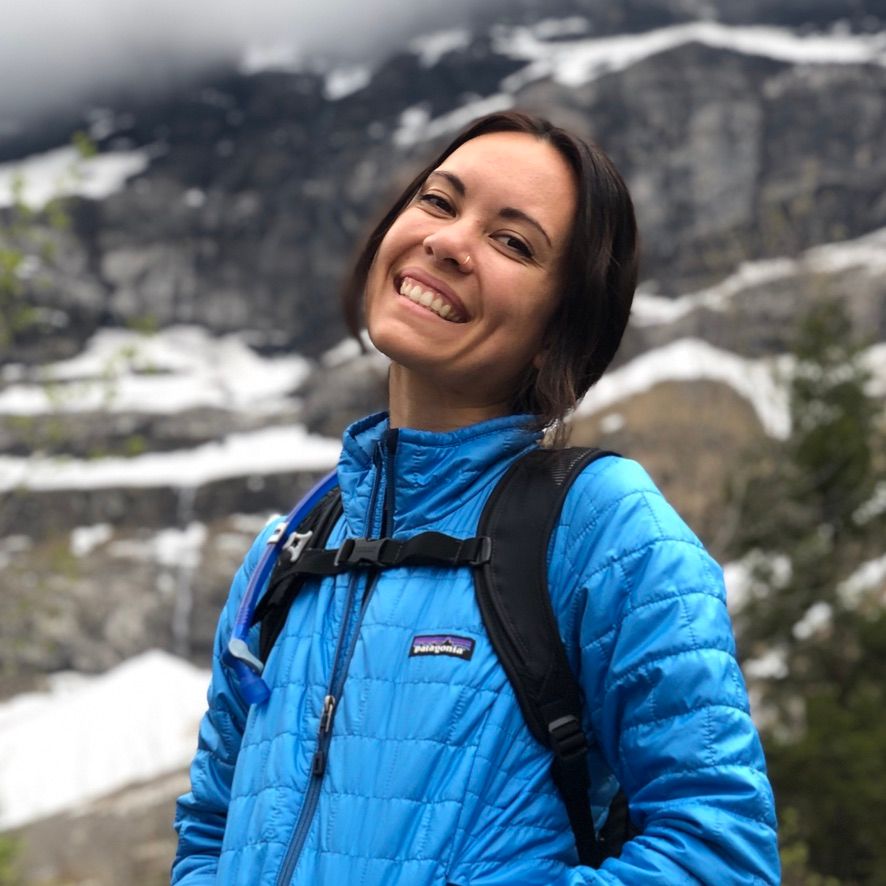
Dr. Brandy Briones
Brandy Briones is a behavioral neuroscientist who successfully defended her Ph.D. research studying dorsal striatum- and hippocampus-dependent learning and memory at Princeton University in August 2020. She is currently a Postdoctoral Researcher in the Stuber Lab in the Department of Anesthesiology and Pain Medicine and Center of Excellence in Neurobiology of Addiction, Pain, and Emotion at University of Washington, Seattle. She studied psychobiology at the University of California Los Angeles and is originally from Southern California. In the Stuber Lab, Brandy studies how sex steroid hormone receptor-related genes in the paraventricular thalamus modulate social behavior. Outside of the lab Brandy enjoys playing sports, backpacking, film, and thrifting.
Click to watch: Interview with Dr. Brandy Briones
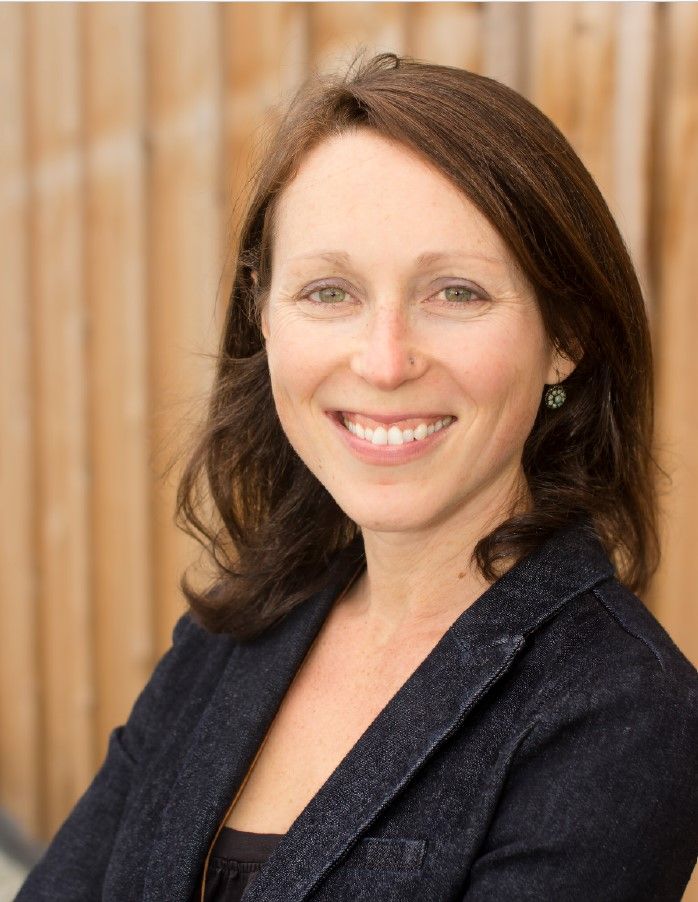
Dr. Kate MacDuffie
Kate MacDuffie, PhD MA is an Assistant Professor at the Treuman Katz Center for Pediatric Bioethics at Seattle Children’s Research Institute, and in the Division of Bioethics & Palliative Care, Department of Pediatrics, University of Washington School of Medicine. Trained in clinical psychology and bioethics, Dr. MacDuffie's research is focused on understanding the ethical and social impacts of advances in neuroscience on children and adults affected by psychiatric, neurological, and neurodevelopmental disorders. In her approach, she seeks to draw in and learn from the voices of those who are most likely to be most impacted by cutting-edge science, but who are not often included in the design, conduct and dissemination of such research. She uses a combination of qualitative, quantitative, and conceptual methods with the overarching goal of embedding the perspectives of research participants and other impacted stakeholders into the practice and process of neuroscience research.
Click to watch: Interview with Dr. Kate MacDuffie
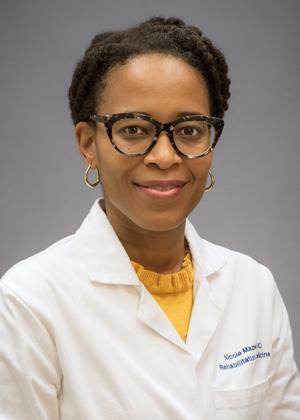
Dr. Nicole Mazwi
Nicole Mazwi, MD, is SH-TBIMS Director of Clinical Care. Dr. Mazwi is an attending physician in Physical Medicine & Rehabilitation (PM&R) at Spaulding Rehabilitation Hospital and Massachusetts General Hospital, and Instructor in PM&R at Harvard Medical School. She is Co-Director of the HMS Traumatic Brain Injury (TBI) Medicine Fellowship Program and Co-Director of the Neurorecovery Fellowship at SRH and MGH. She is a Neurotrauma Consultant for the National Football League Director.
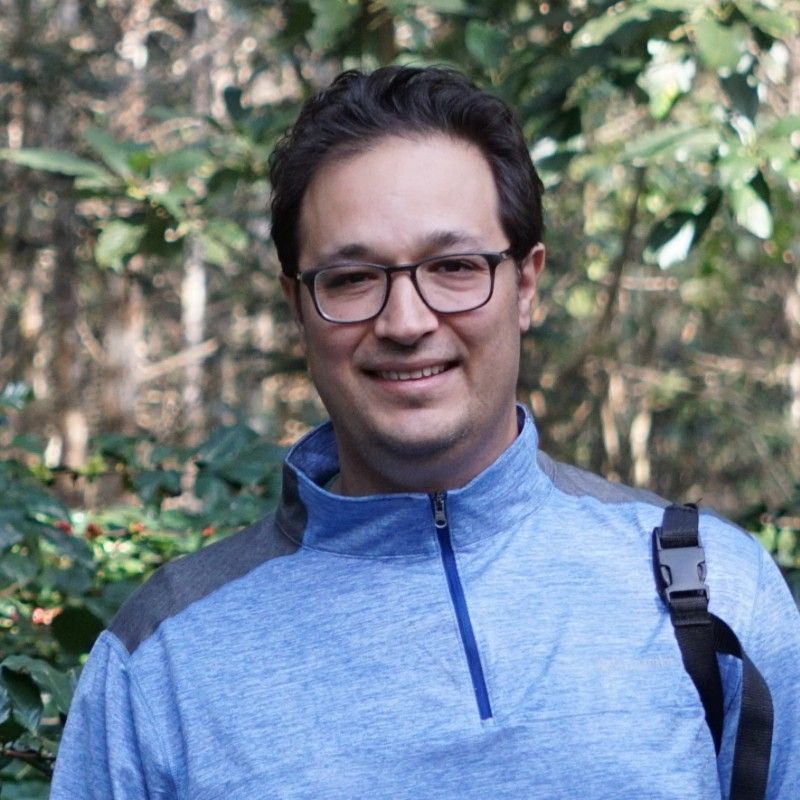
Dr. Nikolai Dembrow
In-coming Bio and Interview! Please check back later!
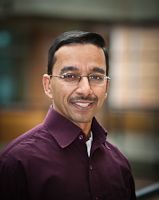
Dr. Rajesh Rao
Rajesh Rao's research spans the areas of computational neuroscience, brain-computer interfaces, and artificial intelligence. His current research focuses on how the brain learns models of the world from observations and actions, how the brain makes decisions based on noisy sensory information, and how brain signals and AI can be combined to build brain co-processors for restoring and augmenting neural function.
Rajesh received his Ph.D. from the University of Rochester and was a Sloan postdoctoral fellow at the Salk Institute for Biological Studies in San Diego before arriving at the UW. He is the recipient of a Guggenheim Fellowship, a Fulbright Scholar award, an NSF CAREER award, an ONR Young Investigator Award, a Sloan Faculty Fellowship, and a David and Lucile Packard Fellowship for Science and Engineering. He is the author of the textbook Brain-Computer Interfacing: An Introduction and has co-edited two books, Probabilistic Models of the Brain and Bayesian Brain. He directs the Neural Systems Laboratory at UW CSE. With Adrienne Fairhall, he taught the first MOOC on Computational Neuroscience. His not-so-copious spare time is devoted to Indian art history and to understanding the ancient undeciphered script of the Indus civilization, a topic on which he has given a TED talk.
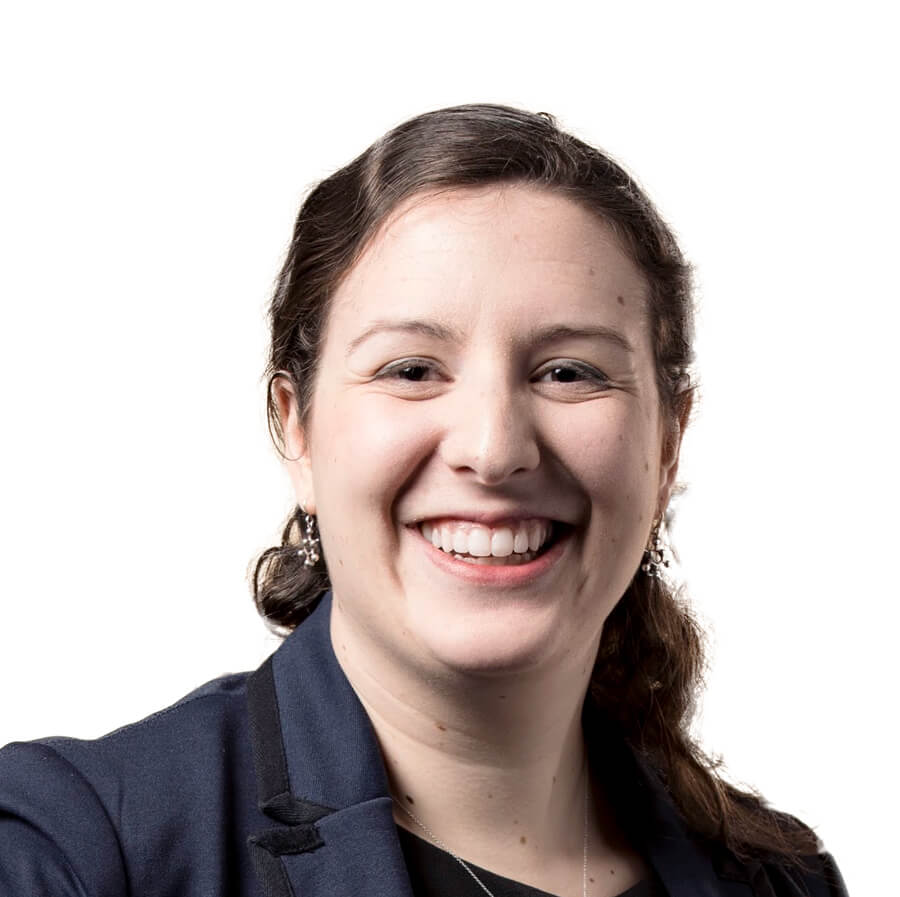
Dr. Kaitlyn Casimo
Kaitlyn Casimo joined the Allen Institute in 2018. She leads the Education and Engagement program, which supports programs and resources for scientists, educators, and students to learn how to use the Allen Institute's open data and tools. She received her BA in neuroscience with minors in psychology and theater from Pomona College; PhD in neuroscience from the University of Washington, where she also received certificates in neural computation & engineering and science, technology, and society studies; and MEd in instructional design from Western Governors University.
2023 Speakers
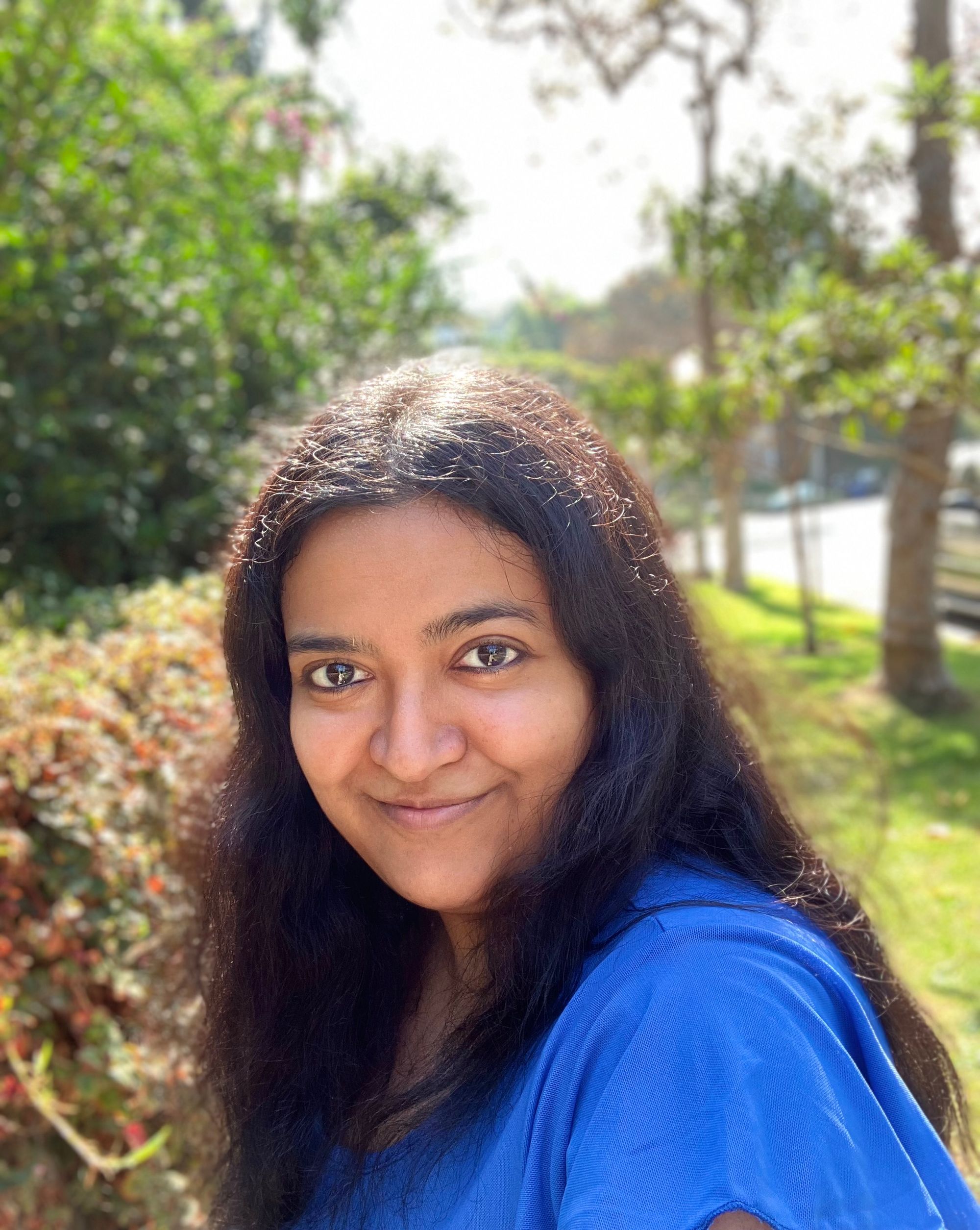
Dr. Ananya Chowdhury
Dr. Ananya Chowdhury joined the Allen Institute in November 2022 as a research scientist in the Gene Therapy Program (Human Cell Types department) to study and devise therapeutic measures for neurodegenerative diseases. Dr. Chowdhury was born in India and obtained her Bachelor of Science in Life Sciences at Delhi. Then, she moved to Europe, where she received her Master of Science in Neuroscience from the Max Planck Institute, Germany, and her Ph.D. in Neuroscience from the Friedrich Miescher Institute, Switzerland. Prior to joining the Institute, Dr. Chowdhury was a joint postdoctoral fellow at the University of California, Los Angeles where she studied the selective activation of dopamine neurons. Her work has involved diverse experimental techniques, including mouse behavioral phenotyping, specialized brain surgeries, and viral-based gene delivery methods. We’re in awe of the truly industrial scale at which she has studied and investigated neuroscience.
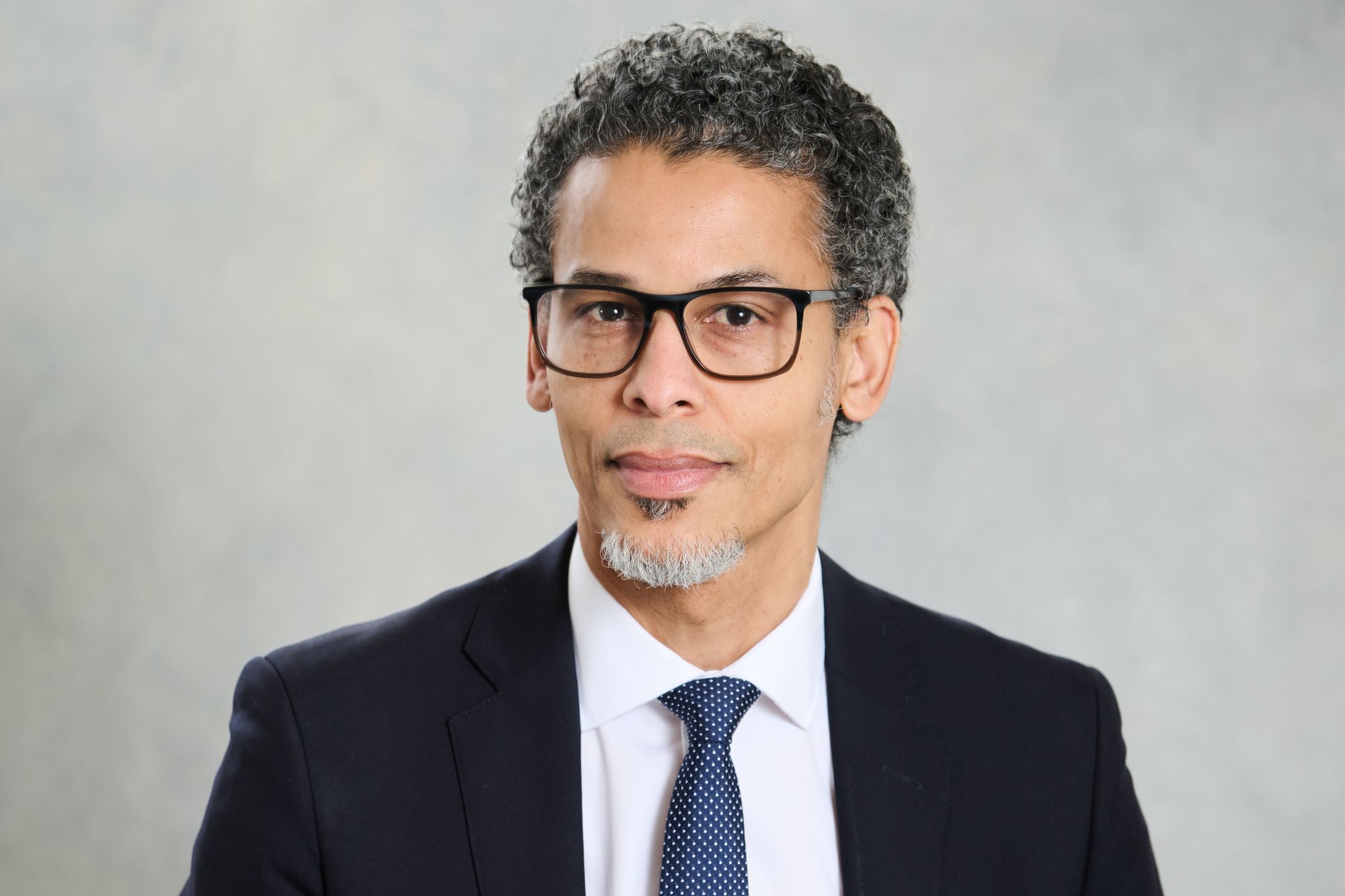
Dr. Bay Leslie-Mazwi
Dr. Thabele “Bay” Leslie-Mazwi serves as Chair of the Department of Neurology at the University of Washington. Dr. Leslie-Mazwi is dually trained in neurologic critical care and interventional neurology. He previously worked at Massachusetts General Hospital in the departments of Neurology and Neurosurgery with a primary focus in the multi-specialty Neuroendovascular group. Now at UW Medicine, Dr. Leslie-Mazwi aims to advance patient care by improving systems of care delivery and enhancing our understanding of the processes underlying neurologic recovery. Beyond his role as the Chair of Neurology, he practices medicine at Harborview Medical Center and co-directs the UW Medicine Neurosciences Institute. Dr. Leslie-Mazwi is a truly impressive and interdisciplinary neuroscience professional, and we’re honored to host him for EWN 2023.
Click to watch: Interview with Dr. Bay Leslie-Mazwi
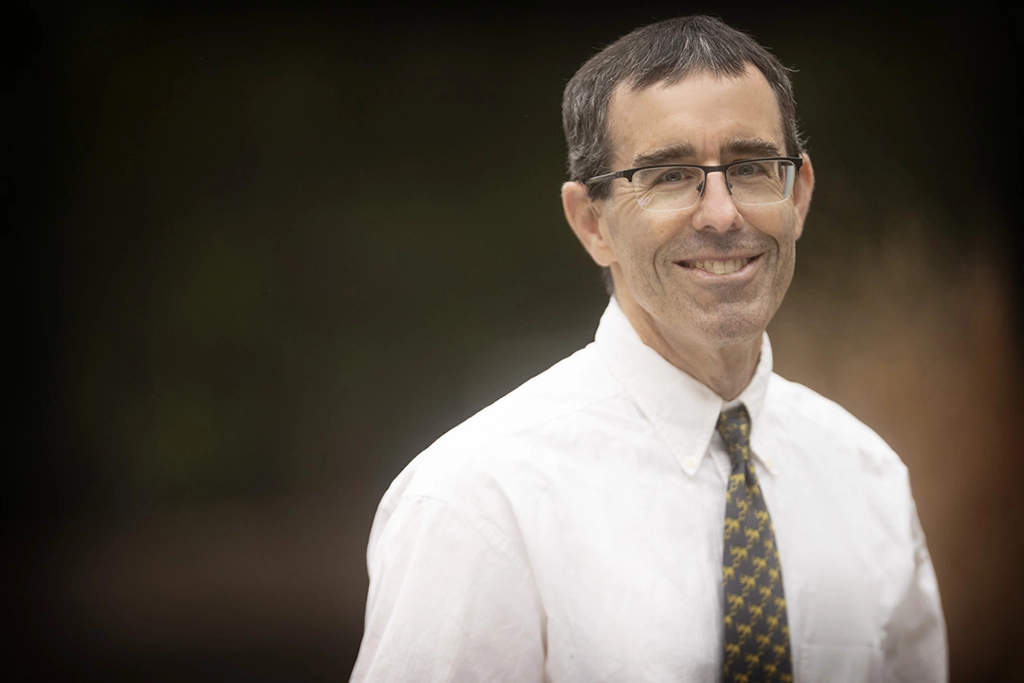
Dr. Fred Reike
Dr. Fred Rieke is a professor at the University of Washington Department of Physiology and Biophysics. Working at the intersection between physics and neuroscience, Dr. Rieke researches sensory signal processing in the retina. The retina functions at or near the limit that physics would suggest is possible for processing photons, inspiring Dr. Rieke to explore the phototransduction circuit. His scientific journey from studying cosmology as an undergraduate to biophysics especially highlights his mission to never get locked into answering just one question. Dr. Rieke is truly an interdisciplinary, computational neuroscientist. We are excited to learn more about his open-minded and computational approach to neuroscience at EWN!

Dr. Kevin Yoo
Dr. Kevin Yoo is a neuro-spine surgeon at the Hosalkar Institute with a focus on spinal surgery and traumatic brain injury. An English major turned medical professional, he found his passion for neurosurgery through mentorship during medical school. As a private practice surgeon, Dr. Yoo is dedicated to providing cutting-edge care by staying current with the latest technologies and techniques. On multiple humanitarian trips to North Korea, Dr. Yoo has performed important surgeries and contributed to international medical cooperation. In addition to his clinical work, Dr. Yoo runs an internship program for students from UCSD and UCLA.
Click to watch: Interview with Dr. Kevin Yoo
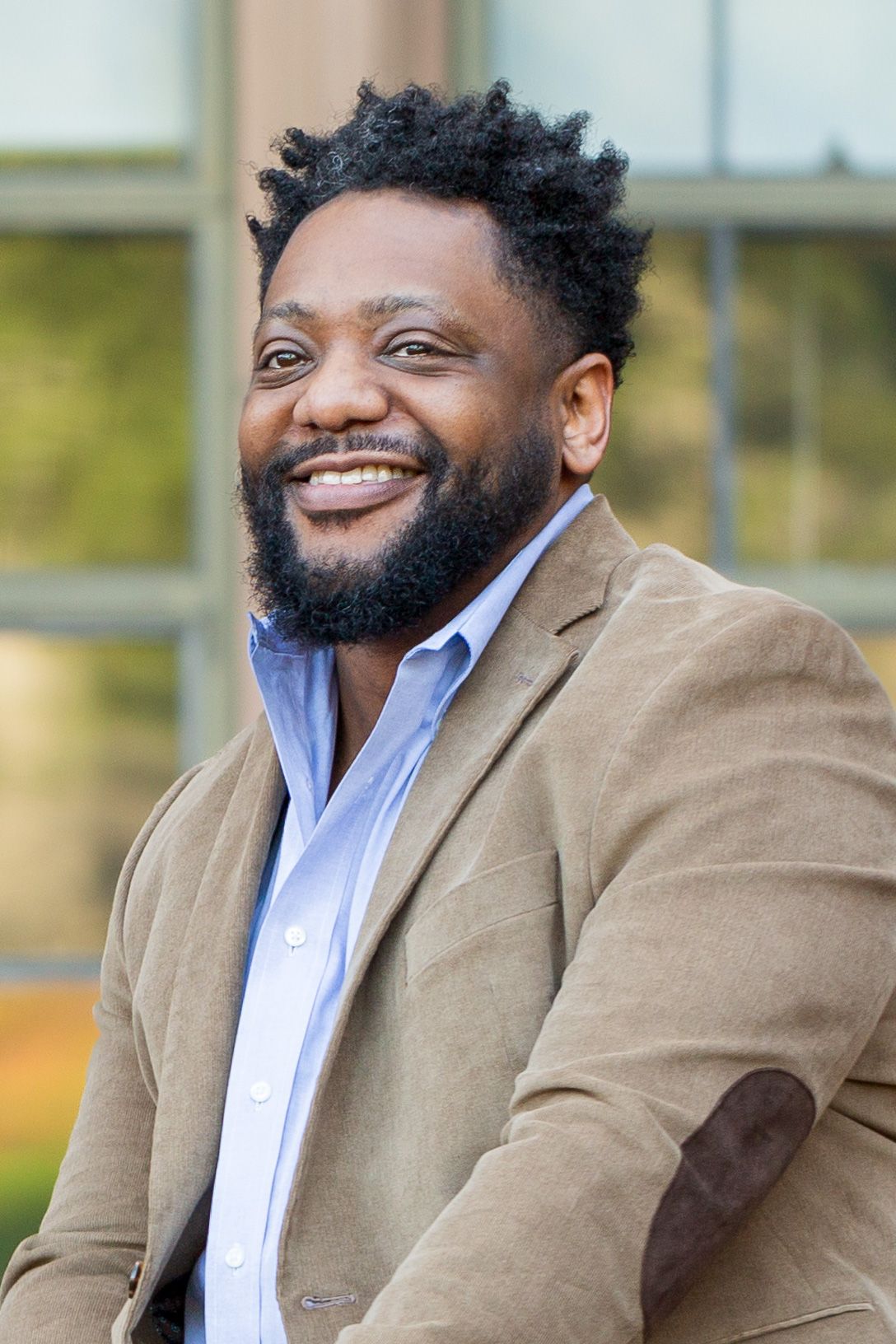
Dr. Oliver Rollins
Dr. Oliver Rollins is an assistant professor of American Ethnic Studies at the University of Washington. In his research as a qualitative sociologist, he focuses on the convergence between racial identity, social difference, and neuroscience. Rollins' book, Conviction: The Making and Unmaking of The Violent Brain, explores the development and use of neuroimaging research on anti-social behaviors and crime, paying attention to its limits when dealing with power and inequality. We’re thrilled to be hosting him at EWN and are excited to learn from the insightful, ethical perspective he brings to the panel!
Click to watch: Interview with Dr. Oliver Rollins
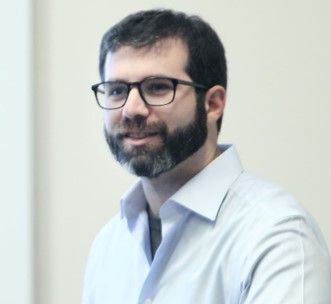
Dr. Sam Golden
Dr. Sam Golden is a researcher and professor of neuroscience at the University of Washington, as well as the founder and principal investigator of the Golden Lab. His work at the Golden Lab pursues the neural mechanisms behind key social behaviors including addiction, depression, and aggression reward. He also pioneered the revolutionary lab technology SIMBA, an open source, computer-operated behavior analysis program used to categorize complex social behavior in rodents. Through his work, Dr. Golden seeks to understand how maladaptive social motivation intersects with neuropsychiatric disorders such as depression, autism, and PTSD. This research aims to eventually develop new therapeutic approaches to treating these disorders, through the social lens in which the lab addresses them. Along with his research, Dr. Golden spends much of his time teaching, helping young students get involved in research and increasing the diversity of the neuroscientific community.
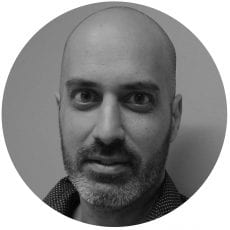
Dr. Ajay Dhaka
Dr. Ajay Dhaka is a professor at the University of Washington Department of Biological Structure. His lab works to better understand how temperature and pain sensation are encoded by the nervous system. Specifically, they work to understand how nociceptive and thermal stimuli are detected and encoded by the peripheral nervous system. In seeking to understand how these stimuli are processed, his lab hopes to help identify new therapeutics to treat acute and chronic pain. We’re so excited to host Dr. Dhaka to share his neuroanatomy knowledge as he assists with our human brain demonstration this year!
2022 Speakers
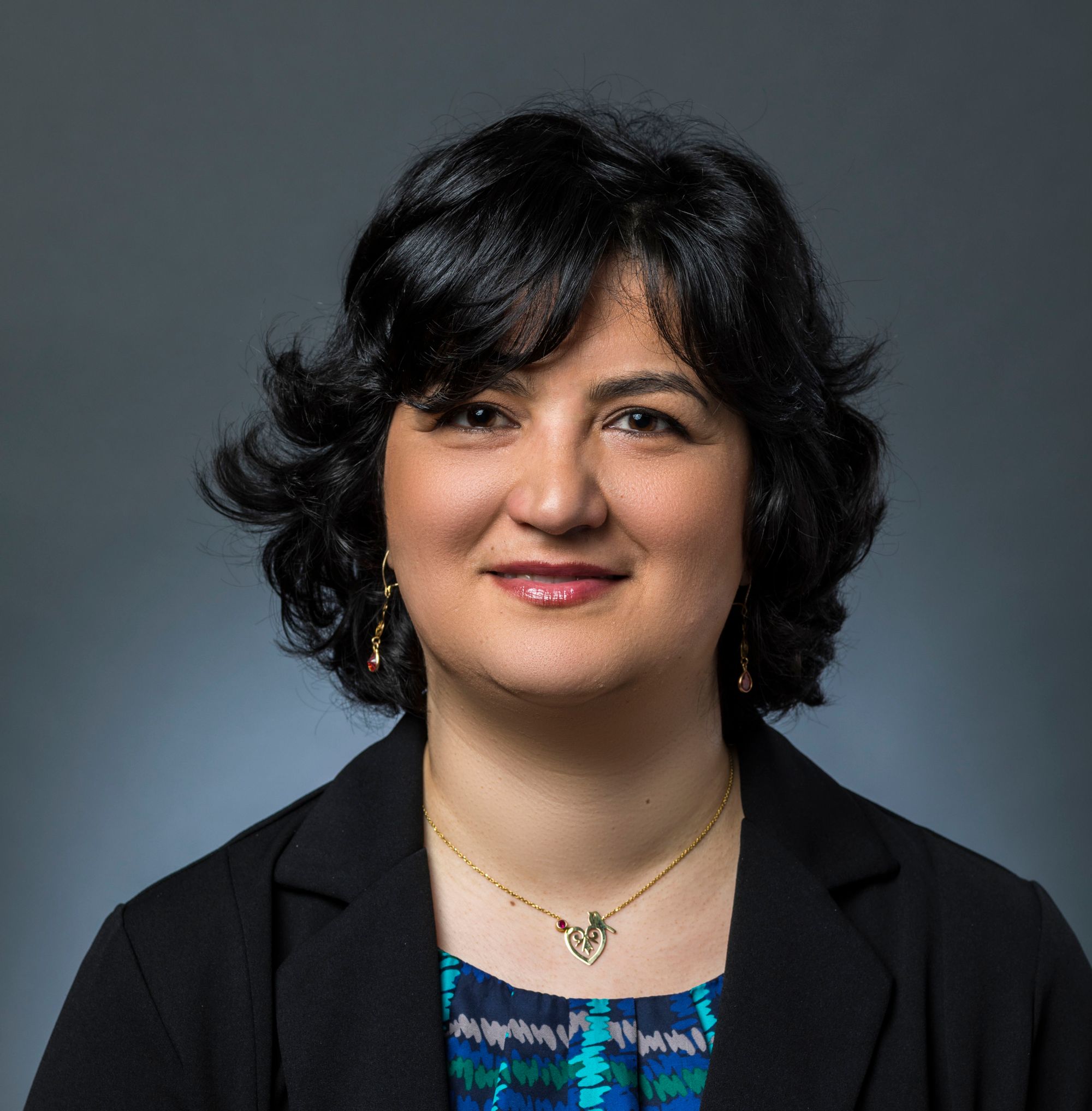
Dr. Azadeh Yazdan
Dr. Azadeh Yazdan is an assistant professor of neuroengineering at UW. Her research focuses on complex neural interfaces and plasticity, as well as on developing technologies to help restore function in those who have suffered stroke or struggle with other neurological disorders. Recently, Dr. Yazdan received a five year NIH grant to further her research on stroke and support the development of a device called smart dura, which sits on the surface of the brain, uses optogenetics to stimulate certain neural networks, and has the ability to produce high quality recordings of this stimulation in action. We admire her commitment to her own well-being even as she spearheads equity initiatives and navigates a lack of diversity in neuroscience. Her passion for better understanding the effects of deep brain stimulation and its life changing therapeutic applications is beyond inspiring, and we are honored and excited to have her on our EWN panel this year!
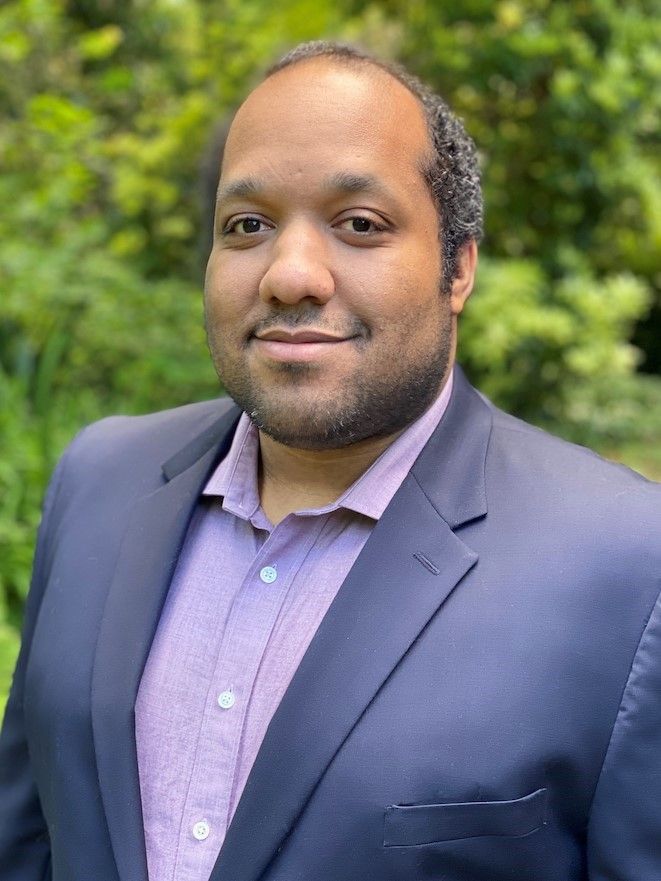
Dr. Tim Brown
Dr. Tim Brown is an assistant professor of Bioethics and Humanities at the University of Washington’s School of Medicine. With his background in philosophy, Dr. Brown brings a unique and exciting perspective into the field of bioethics and neuroethics. Not only does Dr. Brown inspire hundreds of students with his teaching; he also researches the ethical implications of the brain-computer interface and is a chair of the Diversity and Inclusion task force for the International Neuroethics Society. While it is important to celebrate advancements in neurotechnology, Dr. Brown’s research emphasizes issues of access to medical technology and the impact of neurotechnology on end users’ sense of agency and embodiment, as well as its potential to harm marginalized groups. In his free time, Dr. Brown likes to play the bass guitar and video games. Dr. Brown’s unique field in neuroscience is not only interesting and important, but something to continually talk about and think about as our technology is advancing. We cannot wait to have him at our panel this year!
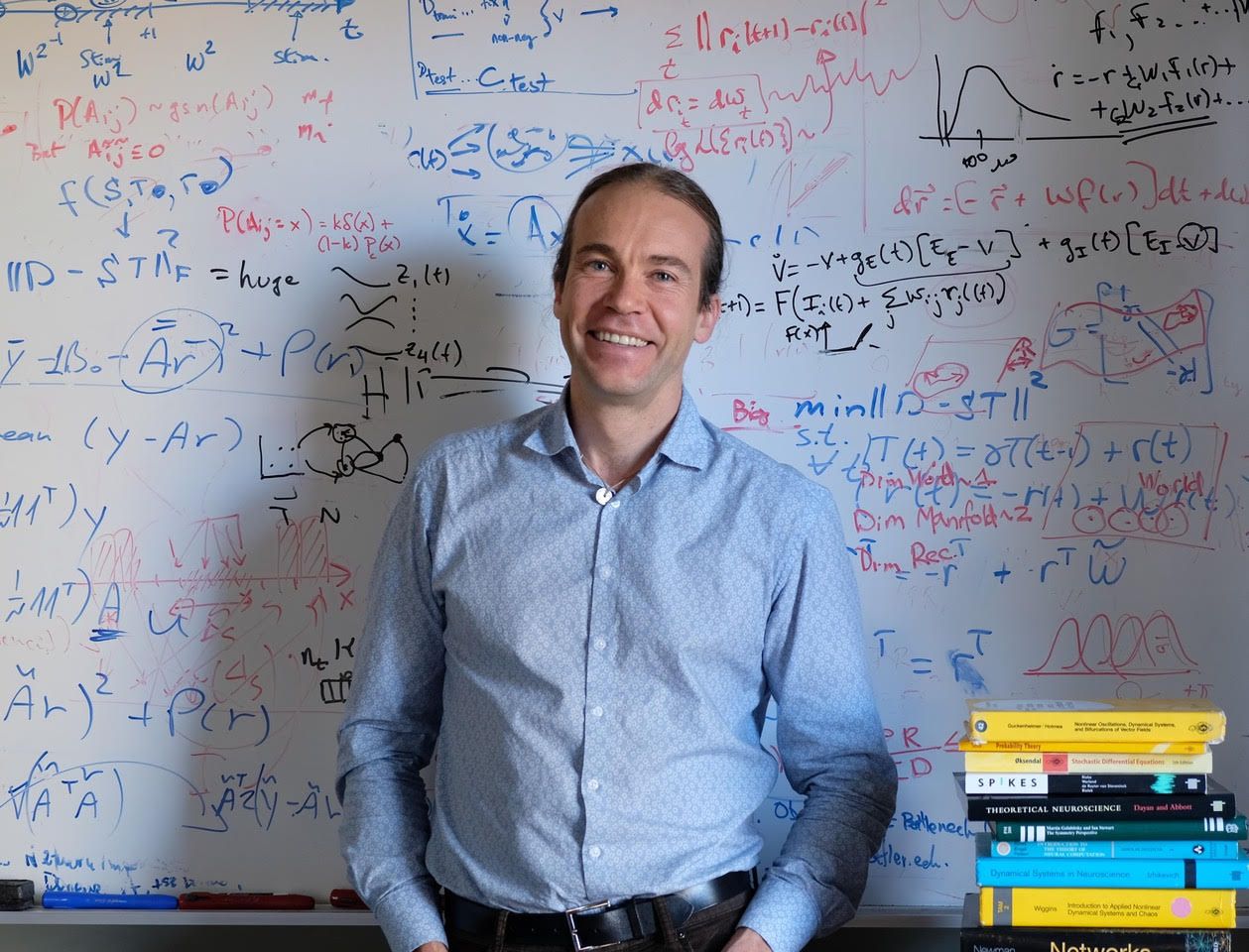
Dr. Eric Shea-Brown
Dr. Eric Shea-Brown is a professor in the department of Applied Mathematics at the University of Washington and co-Director of the UW Computational Neuroscience Center. With a background in engineering physics and applied and computational mathematics, Dr. Shea-Brown now focuses his research on the dynamics of neural networks and connections. More specifically, he and his team have projects that study the process of decision making in these neural networks, spike patterns and circuits, and graph-theoretical tools. He regularly collaborates with neuroscientists, mathematicians, and other scientists to interpret all the neuroscience data that is generated and to bridge the gap between mathematical formalisms and the sciences. Dr. Shea-Brown showcases his expertise in several diverse fields through his cutting-edge and intersectional research, and we cannot wait to have him on our EWN panel!
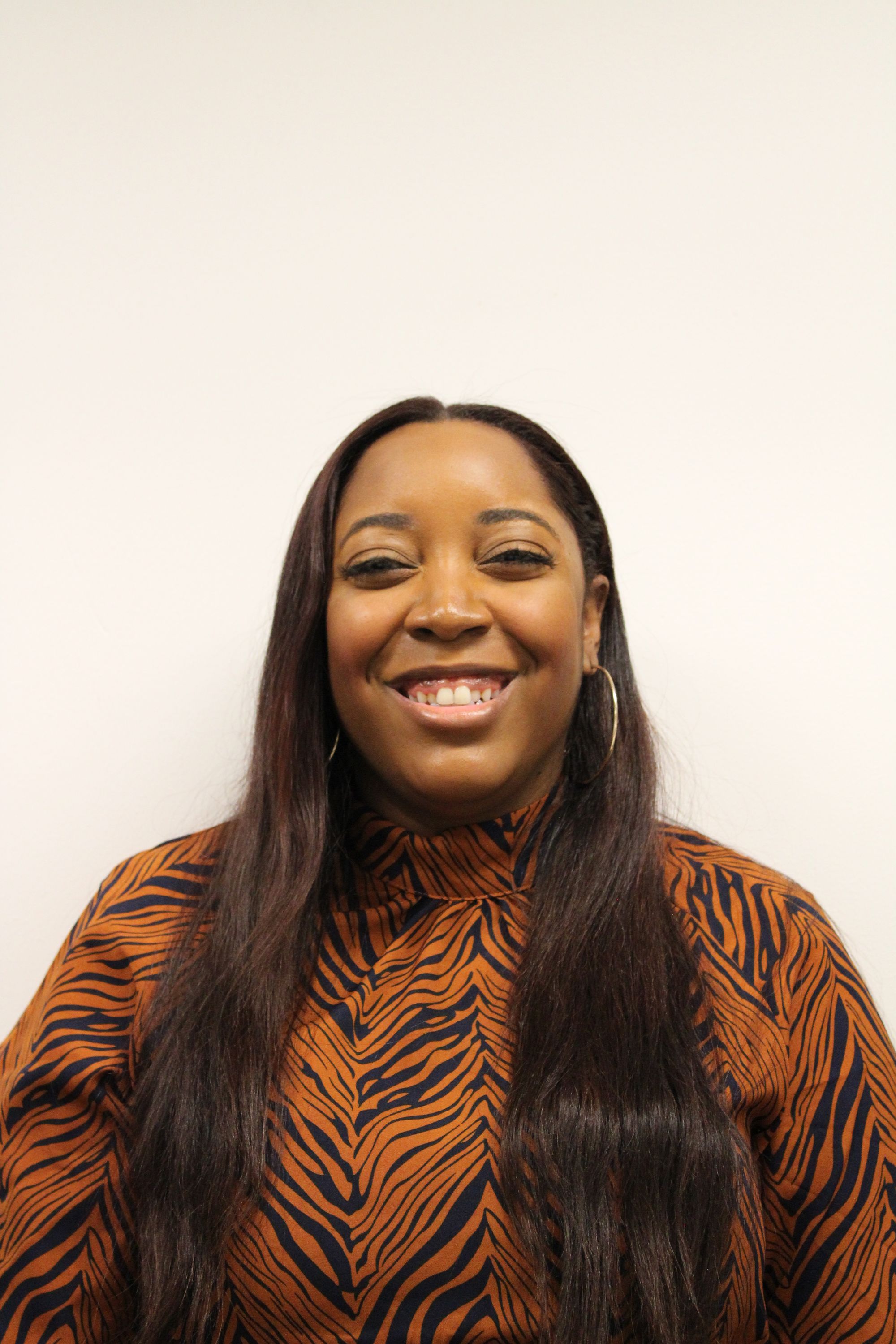
Dr. Breana Taylor
Dr. Breana Taylor is a vascular neurologist at UW Medicine - Harborview Medical Center, as well as a clinician-educator who develops and facilitates curricula. As well as being an incredible mentor to residents and medical students, she is a strong advocate for increasing diversity and accessibility in neuroscience. Dr. Taylor also engages in research in the area of neuropalliative care, where she studies methods of care for patients with acute brain injury and other serious conditions to improve their quality of life. She also studies fat embolism, an under-recognized syndrome that often comes with traumatic injuries, hoping to be able to describe the syndrome better so physicians can recognize it and provide better consultations or prevention actions for patients. Her passion for improving patients’ treatments, mentoring, and making the field of neuroscience more inclusive and diverse is truly inspiring. We are honored to have her as our EWN panelist this year!
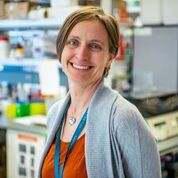
Dr. Juliane Gust
Dr. Juliane Gust is pediatric neurologist at Seattle Children’s as well as an assistant professor of neurology and active research scientist. Dr. Gust spends time in the clinic as well as in the lab as she has a passion for treating children and working with families, coupled with a drive for laboratory research into the mechanisms behind the problems her patients face. Her research currently focuses on the neurotoxic effects of CAR T-cell cancer treatment. This treatment involves modifying the patient’s immune cells to target cancer cells but has been found to have toxic effects in the brain. Dr. Gust’s groundbreaking work will aid in creating gentler and safer treatment options for families with children suffering from cancer. We are inspired by Dr. Gust’s journey through her M.D./Ph.D program as a woman and mother of two, her dedication to building the confidence of women pursuing combined fields, and by her dedication to her patients and role as a researcher. We are so excited to have her on our panel for EWN 2022!

Dr. Sam Golden
Dr. Sam Golden is a researcher and professor of neuroscience at the University of Washington, as well as the founder and principal investigator of the Golden Lab. His work at the Golden Lab pursues the neural mechanisms behind key social behaviors including addiction, depression, and aggression reward. He also pioneered the revolutionary lab technology SIMBA, an open source, computer-operated behavior analysis program used to categorize complex social behavior in rodents. Through his work, Dr. Golden seeks to understand how maladaptive social motivation intersects with neuropsychiatric disorders such as depression, autism, and PTSD. This research aims to eventually develop new therapeutic approaches to treating these disorders, through the social lens in which the lab addresses them. Along with his research, Dr. Golden spends much of his time teaching, helping young students get involved in research and increasing the diversity of the neuroscientific community. We are so grateful for his time and contributions to EWN 2022! We thank him for his thoughtful faculty advice to Grey Matters and gracious support for us both in events and out.
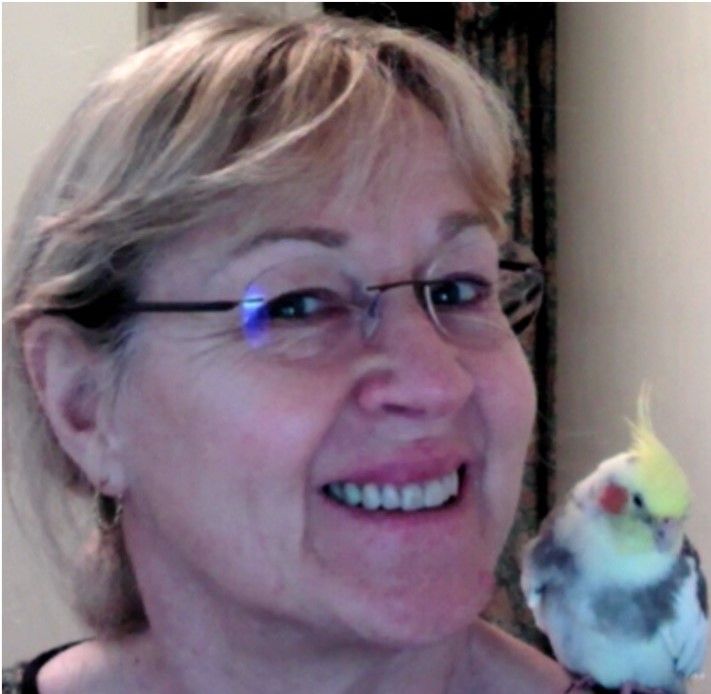
Dr. Kate Mulligan
Dr. Kate Mulligan is a professor in the Department of Biological Structure, teaching neuroanatomy at various health science degree programs including medicine, physical therapy, occupational therapy, prosthetics, and orthotics to undergraduates, doctoral students, and residents. She is also an Associate Director of CLIME, the Center for Innovation and Leadership in Medical Education, where she helps create and deliver faculty development material to foster excellence and improve learning environments. Her favorite part of her job is interacting with students who want to learn and helping them grow.
2021 Speakers
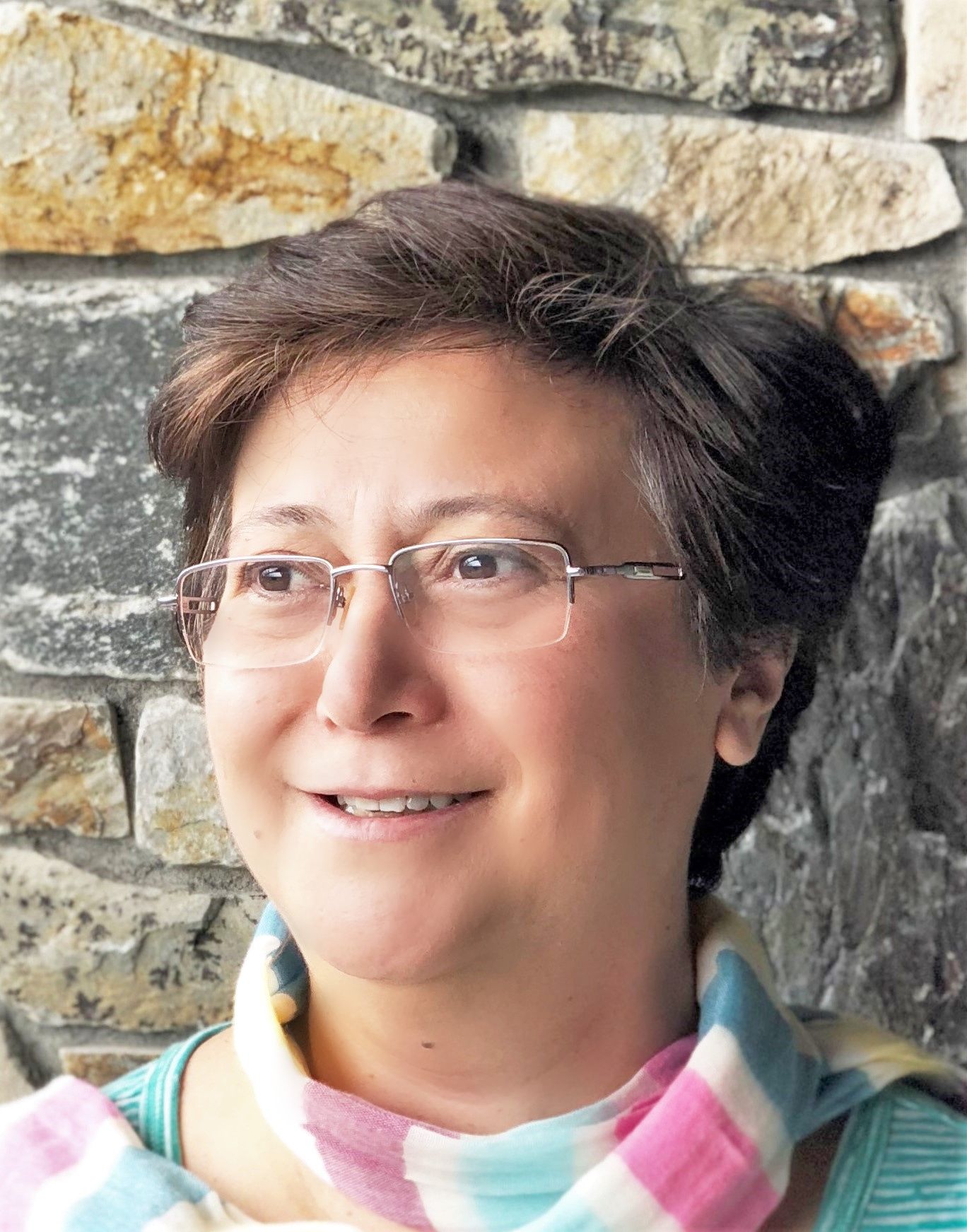
Dr. Fatma Inanici
Dr. Fatma Inanici is a physician scientist whose research focuses on spinal cord injury. After working as a clinician for many years, she aimed to contribute further to the well-being of her patients, and now conducts research on spinal cord stimulation. Although the therapies she is piloting are still in their early stages, she is inspired by the amazing results for her patients, many of whom show major improvements in their ability to perform day-to-day tasks. With curiosity as a driver of her work, she appreciates the process of planning a study and enjoys reading up on and discussing research with her peers. We are privileged to host her for our first pre-panel event this year.
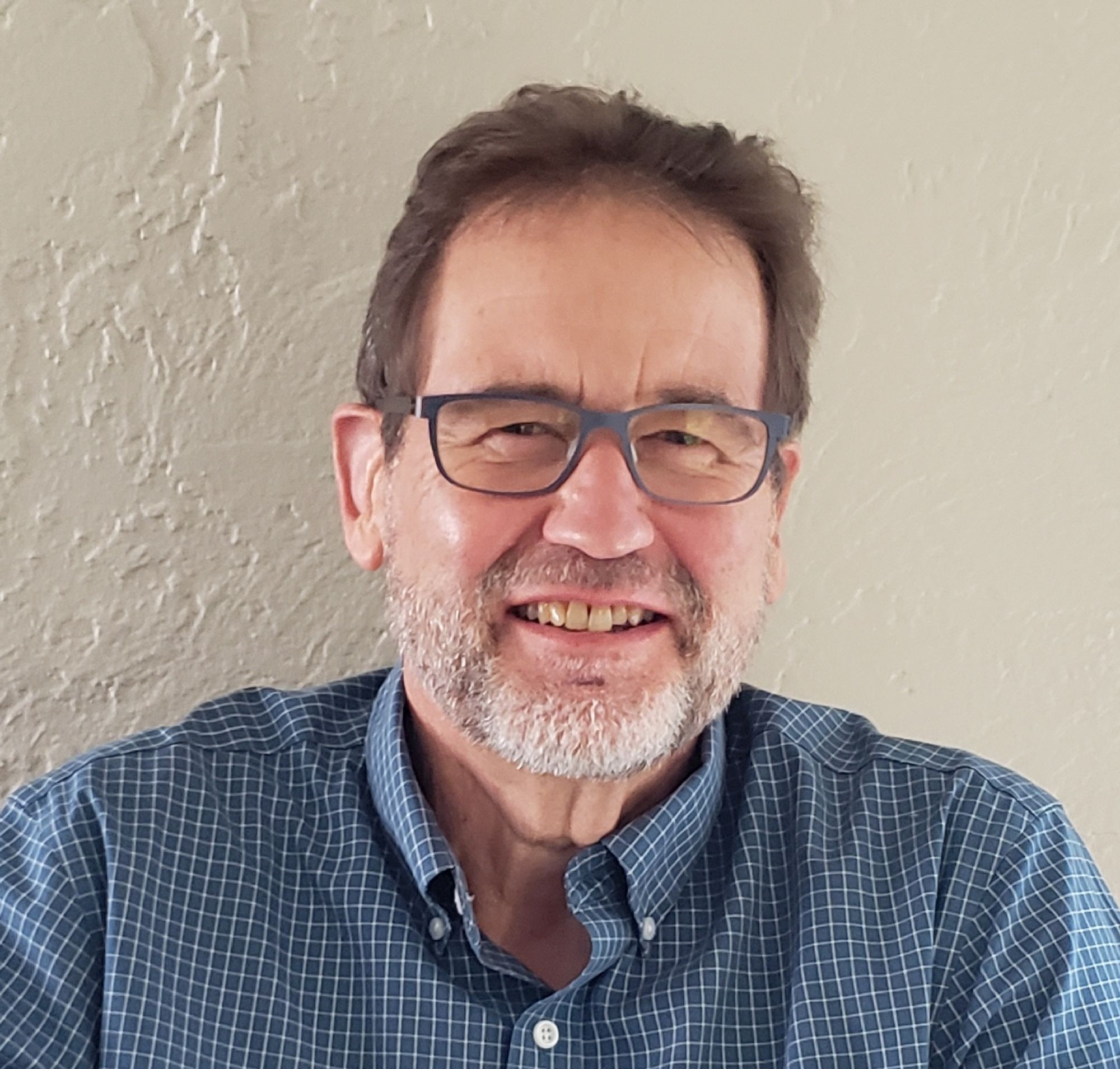
Dr. Ric Robinson
Dr. Ric Robinson has been a familiar face at Grey Matters since the founding of the journal in 2013, gracing our events twice a year to bring us a human brain along with his encyclopedic knowledge of it. He is well-known as the teaching professor for neuroanatomy for the UW undergraduate neuroscience major, and has been inspiring students with his engaging classes since the inception of the program in 1999. Dr. Robinson’s enthusiasm for the cerebellum is unmatched, and his academic research on tracing and inactivation experiments to learn more about this fascinating region leave the field with a shining legacy as he prepares to retire this summer. We are honored to host him for one final EWN, and wish him a very enjoyable retirement.

Dr. Kate Mulligan
Dr. Kate Mulligan is a professor in the Department of Biological Structure, teaching neuroanatomy at various health science degree programs including medicine, physical therapy, occupational therapy, prosthetics, and orthotics to undergraduates, doctoral students, and residents. She is also an Associate Director of CLIME, the Center for Innovation and Leadership in Medical Education, where she helps create and deliver faculty development material to foster excellence and improve learning environments. Her favorite part of her job is interacting with students who want to learn and helping them grow.
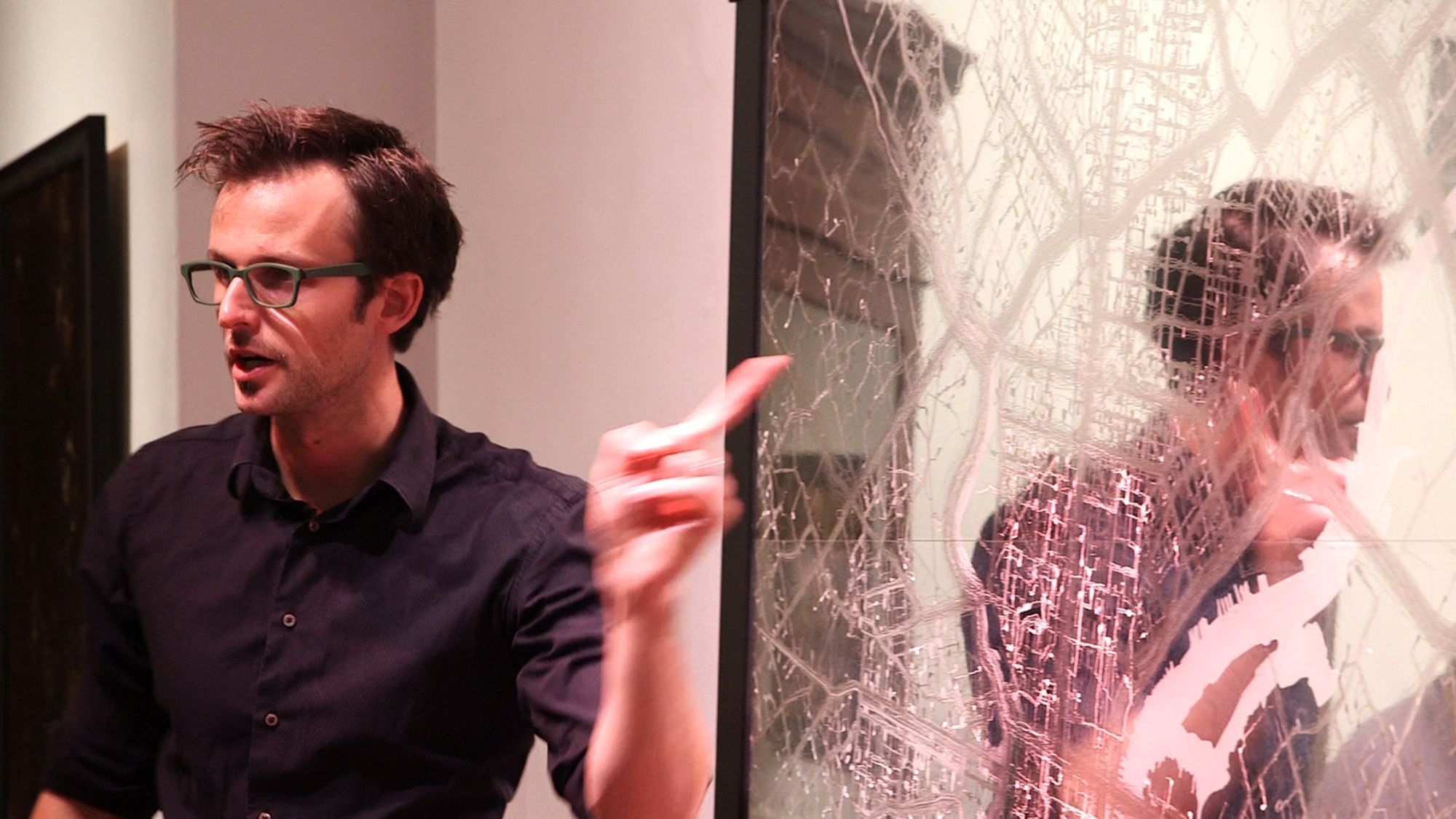
Dr. Greg Dunn
Dr. Greg Dunn is a world-famous neuroscience artist whose eye-catching work is always in high demand. He began his art career while earning his Ph.D. at the University of Pennsylvania, citing a love of traditional Asian art as a source of inspiration, and his pieces are displayed at museums and exhibitions across the globe. One of his best-known works is Self Reflected, a larger-than-life view of the brain that gives us a small glimpse of the neurons firing in our own nervous systems every day. It continues to be on display at the Franklin Institute as the most complex and realistic visualization of the brain ever created. Grey Matters Journal is honored to host him on April 30th at our third and final pre-panel event this year.
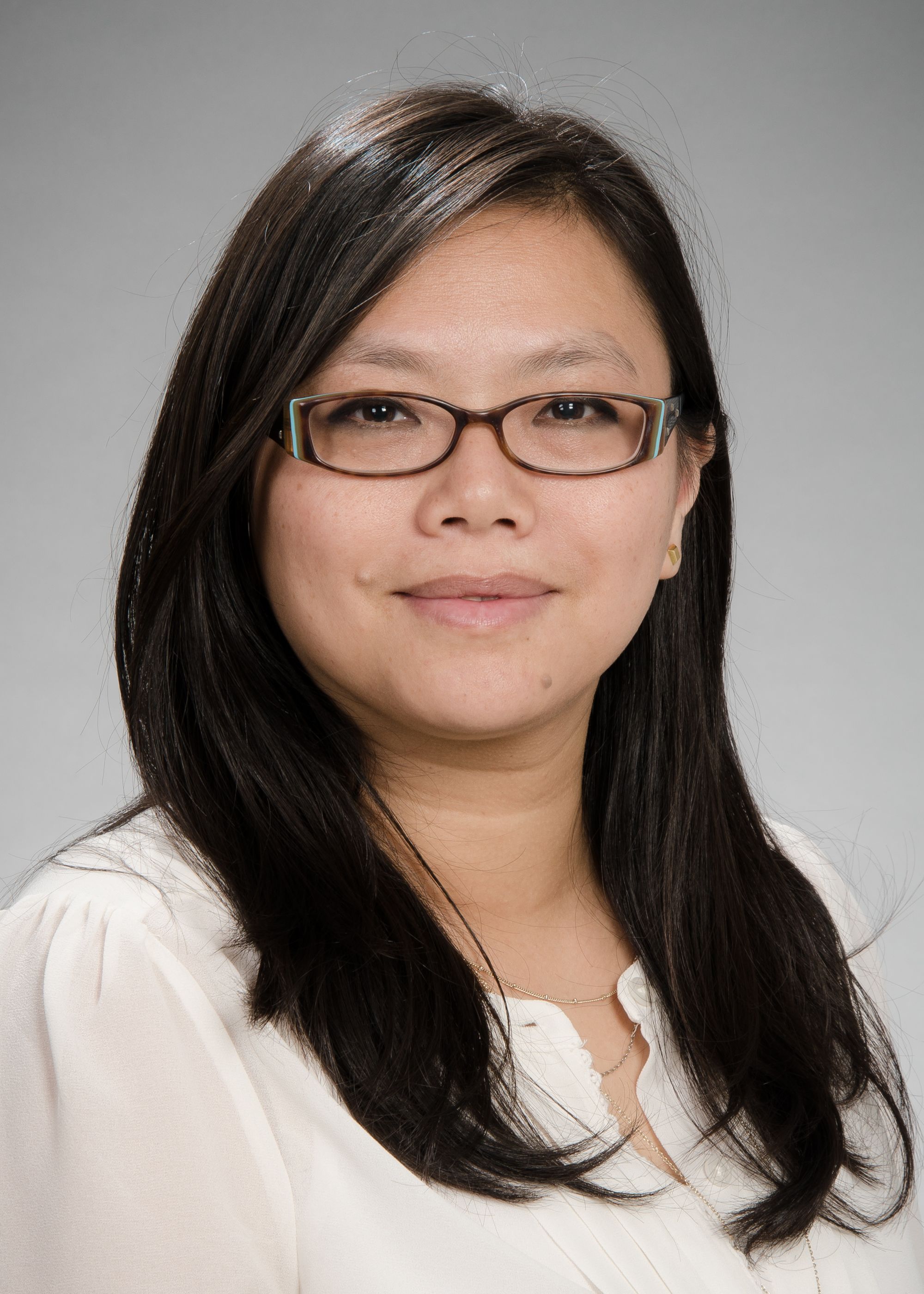
Dr. Zin Khaing
Dr. Zin Khaing is our EWN 2021 panelist moderator. She is an assistant professor of neurological surgery at UW Medicine, and specializes in neuroimmunology. Dr. Khaing earned her PhD in cellular, molecular, and developmental neuroscience at the Icahn School of Medicine at Mount Sinai, New York, and did her postdoctoral work at the University of Texas at Austin. Her research focuses on neural plasticity and regeneration of the central nervous system, especially the spinal cord. Dr. Khaing is driven by the clinical implications of her work in improving the quality of life for patients with spinal cord injuries, and she enjoys being able to mentor students through her lab work. As brilliant as she is personable, Dr. Khaing is an inspiration to those interested in pursuing neuroscience research, especially women and people of color.
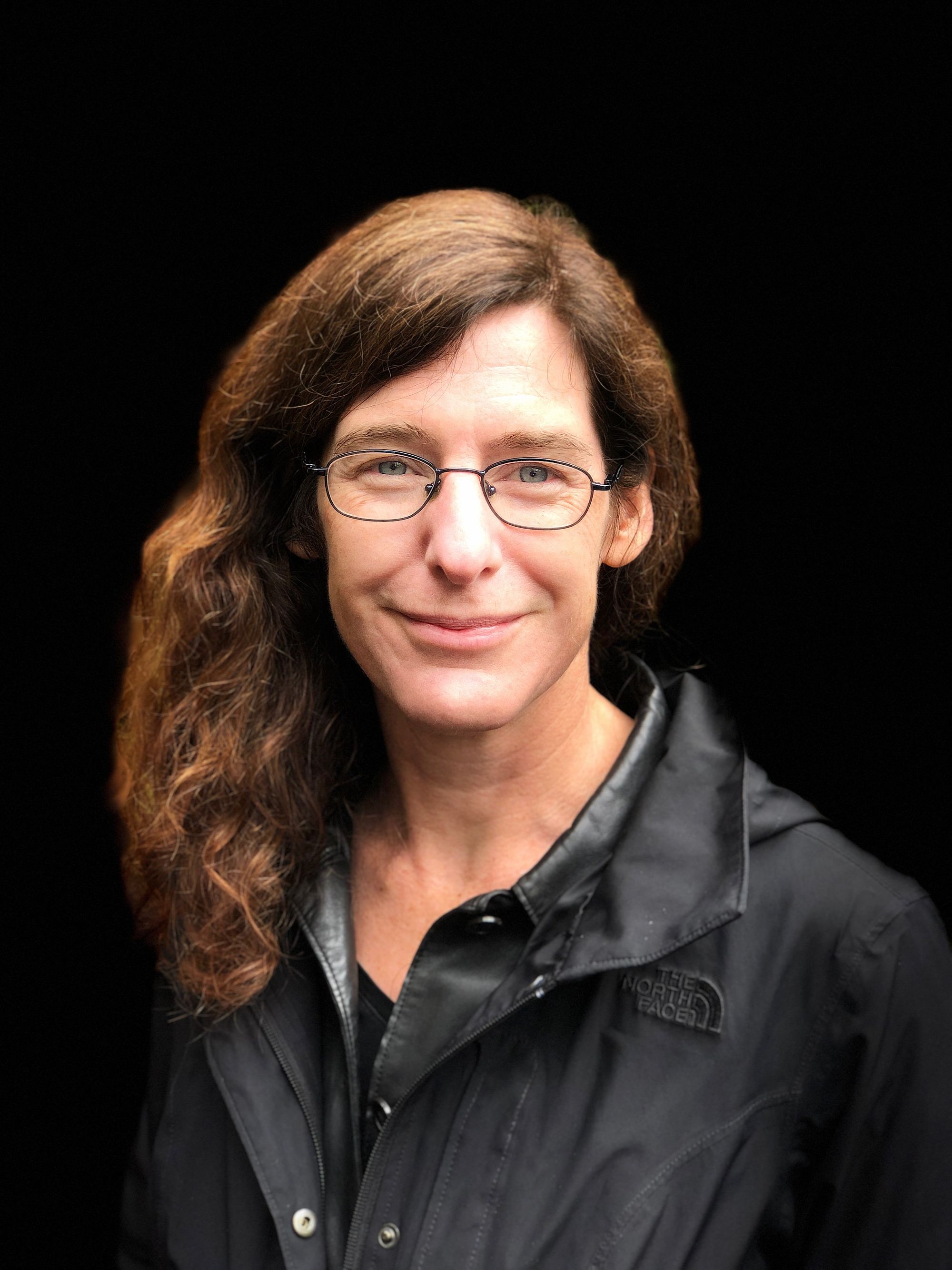
Dr. Adrienne Fairhall
Dr. Adrienne Fairhall is the director of the computational Neuroscience and co-director of the University of Washington Institute of Neuroengineering. She received an honors degree from ANU in Australia in theoretical physics, as the only woman in the major at the time of her graduation. She went on to receive her PhD in Physics at the Weizmann Institute in Israel and did her postdoctoral work at NEC Research Institute at Princeton. Her research involves exploring and learning about adaptation in neurons and deciphering the neural code of sensory neurons. Dr. Fairhall is an advocate for women in STEM fields, and brings a livelihood and passion to computational neuroscience that draws others in to experience the excitement of this rapidly expanding field.
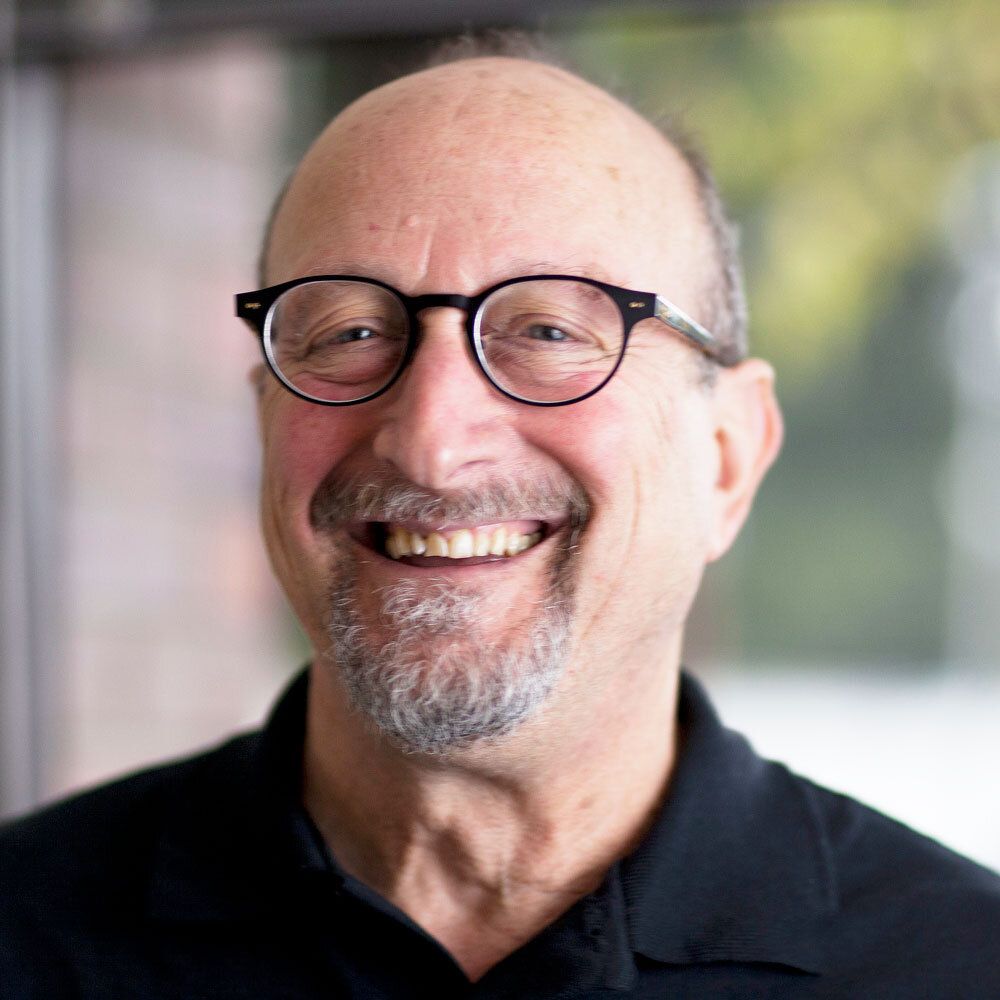
Dr. Tom Daniel
Dr. Daniel is as well known for his wit and enthusiasm as he is for his brilliant work in neuroscience, biomechanics, and engineering. He received a biology degree from Duke University and an engineering degree from Caltech, and founded the UW Biology department. In his lab, Dr. Daniel investigates the control and dynamics of movement through muscular and sensory-motor work in insects. He researches insect flight control via chemical, visual, and mechanical domains, and his work has vast implications in technology, especially aviation. As an undergraduate professor, principal investigator, and a member of several local and national boards of directors such as the Allen institute, Dr. Daniel leads by example as he works diligently to increase access to the STEM fields for underrepresented groups. His innovative and inclusive approach to research has left an indelible mark on the field.
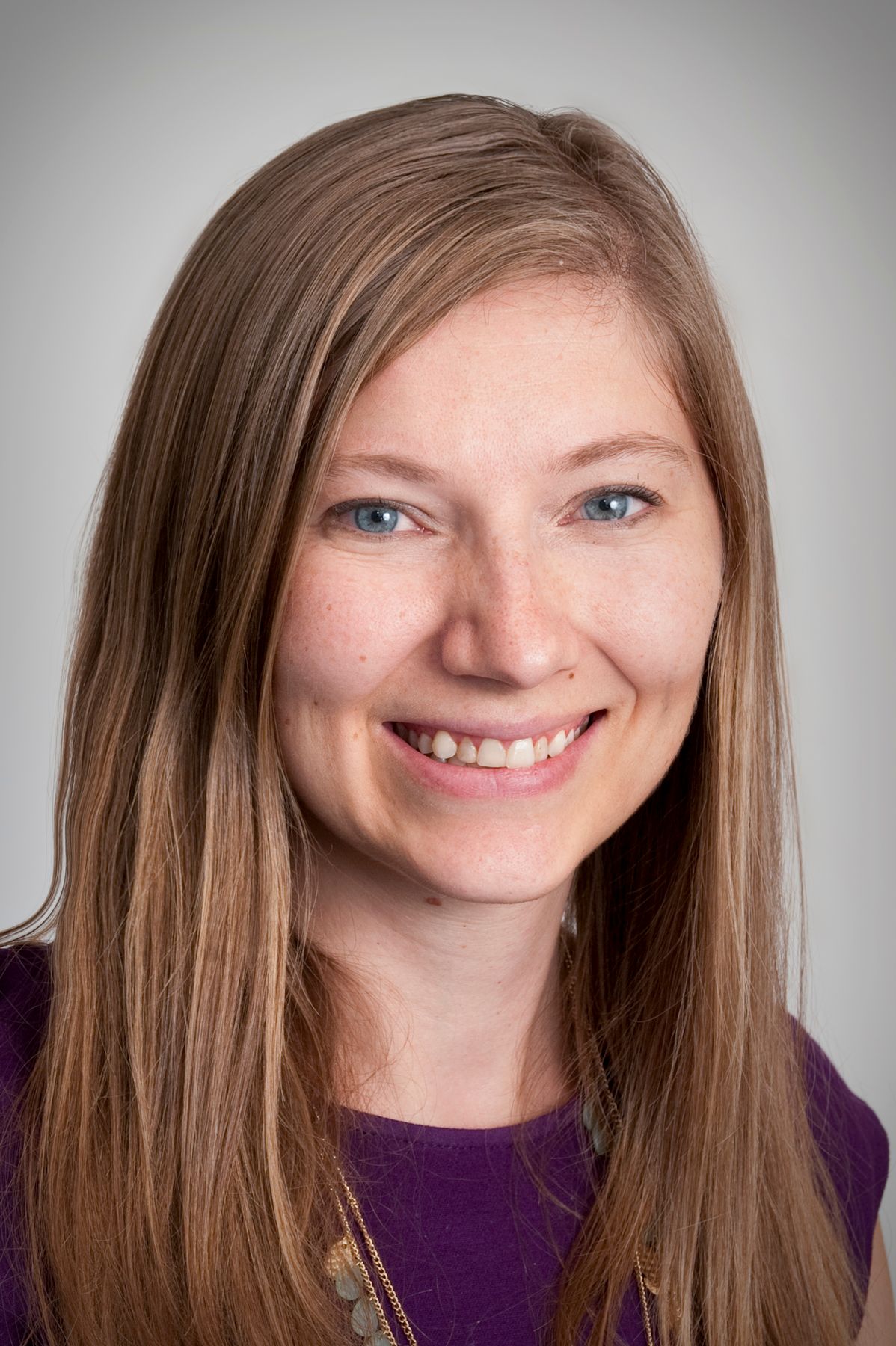
Dr. Tara Wenger
Dr. Tara Wenger is a clinical geneticist and translational researcher at Seattle Children’s Hospital. She completed her M.D. and Ph.D. in toxicology with a focus in birth defects at the University of Rochester, and her residency in pediatrics at the Children's Hospital of Philadelphia. Her clinical and research interests include neurodevelopmental disabilities, genetic syndromes, and prenatal exposures. Dr. Wenger’s passion shines through in her many projects, including her most recent one, SeqFirst, which focuses on offering rapid access to genetic testing for babies with complicated clinical pictures. As she straddles the line between clinical work and research, Dr. Wenger is a prime example of how the two fields inform each other to improve lives.

Dr. Sarah Baum Miller
Dr. Sarah Baum Miller is a quantitative user experience (UX) researcher at Google, where she designs and conducts studies about how people use and interface with technology. She received her Ph.D. in Neuroscience from the University of Texas Health Science Center at Houston, and after postdocs at Vanderbilt University and the UW, realized an appreciation for working in industry. Compared to the controlled environment of a lab, Dr. Baum Miller’s work involves a larger set of people from much more diverse backgrounds, and her quantitative approach enables her to reach people all over the world, some with very few resources. Some of her research involves how people interacting with technology take in information and make guesses, and she enjoys collaborating in frequent meetings with engineers who act on her research. She has participated in multiple diversity efforts throughout her career, and we are especially grateful for her perspective given her experience as a woman in both academia and industry.
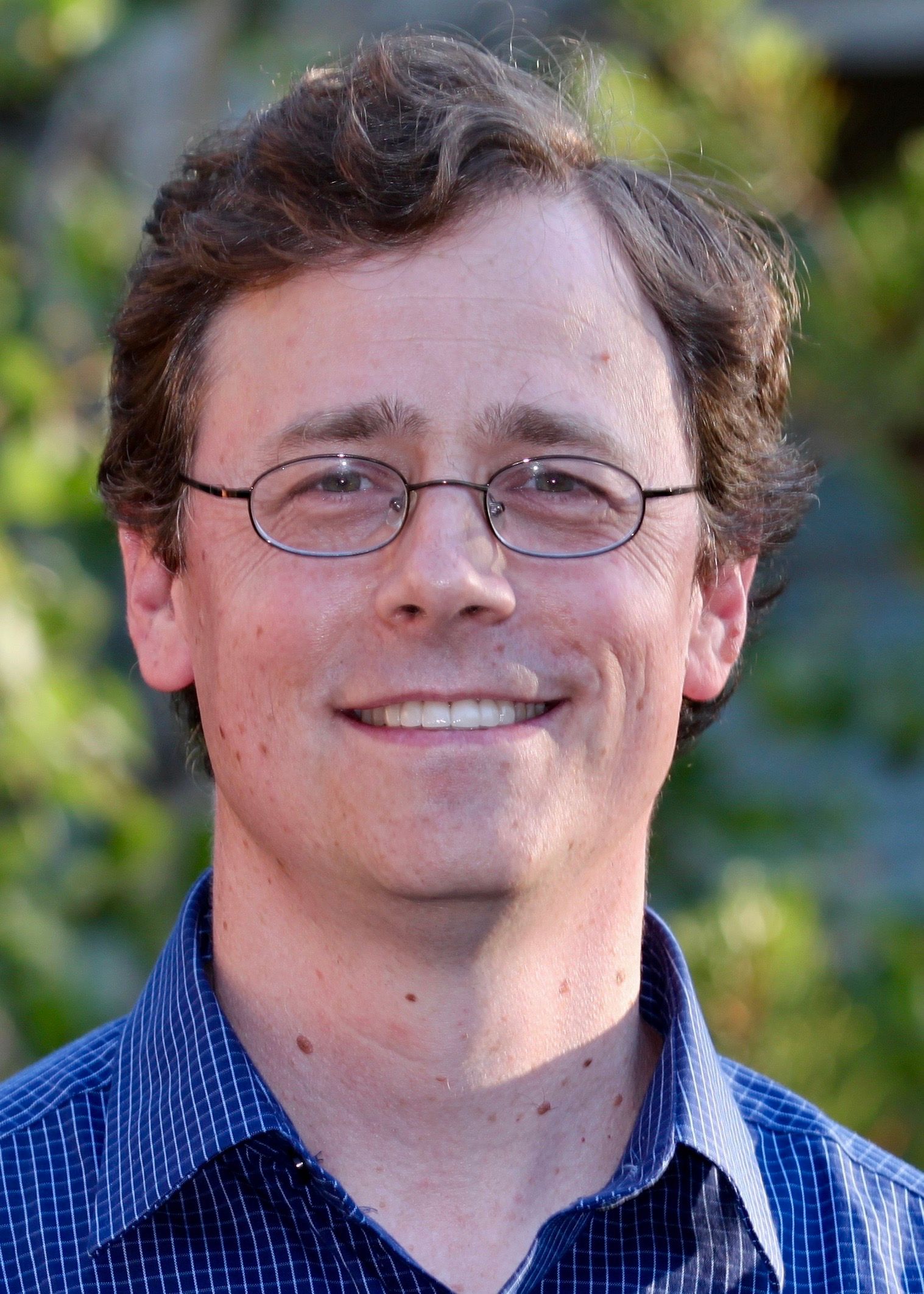
Dr. Eran Klein
Dr. Eran Klein is a neurologist and neuroethicist, meaning he engages in clinical and philosophical work, with both practices informing each other. He received his MD and PhD from Georgetown University and completed his residency at Oregon Health and Sciences University, where he is currently an assistant professor of neurology. He also occasionally teaches at the University of Washington, where he is a member of the Neuroethics Thrust at the Center for Sensorimotor Neural Engineering. As part of the Thrust, he researches how people’s concepts of agency and identity might shift when they rely on neural devices for everyday activities, and his fascinating work has critical implications as neurological technologies continue to become more sophisticated. His favorite part of his job is mentoring students to help them develop a passion for ethics, and he loves the interdisciplinary nature of the field.